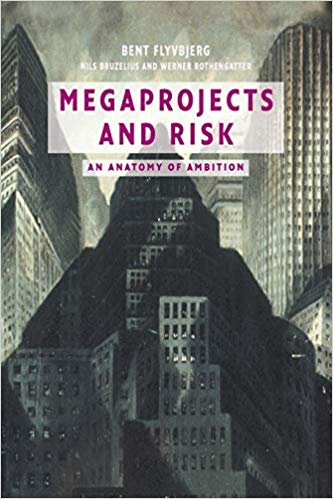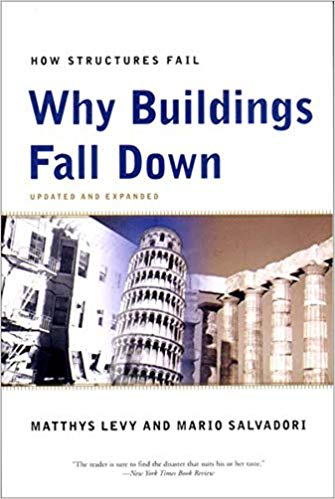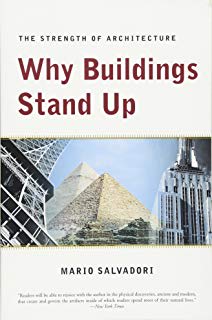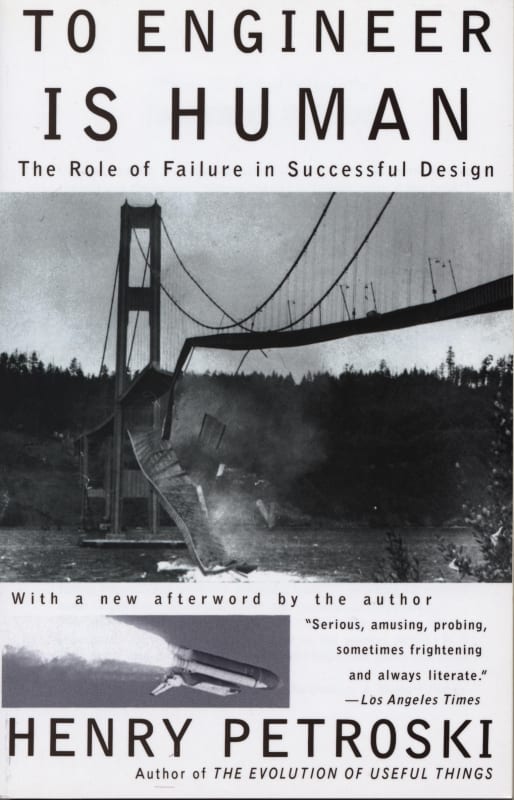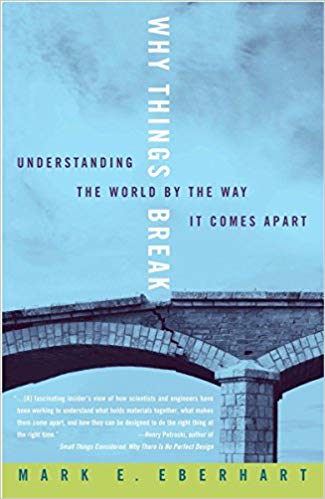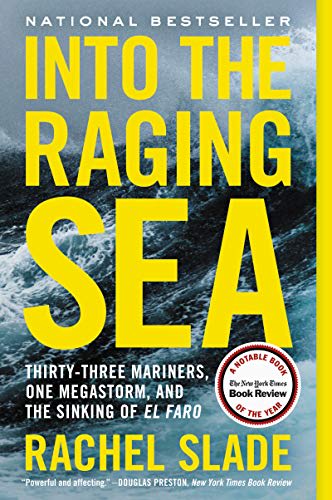Beyond the specific codes etc. I work with in my field, what are essential readings on the above?
I'm interested in the social aspects as well as in how to systematically think about the technical aspects. Reports of investigations into specific accidents may also be interesting.
My own field is supervision of construction sites and design of wastewater treatment plants but I'm also interested in safety thinking for other fields.
Onn one hand, I sometimes encounter codes or standards that don't feel entirely logical, but then I'm not sure what would actually be logical. On the other hand, there's often a drive to not follow all regulations etc. when they get into the way of the work.
What would I do on such a reading list?
I'm thinking of getting "Normal Accidents" unless a more recent work on similar themes is better in some way.
A few years back I read a longish report on the sinking of the Merchant Vessel Faro that went into the technical details but also contained lots of transcripts of what was said on the bridge, alowing one at least to guess what went through the minds of the sailors in their last hours (don'tfind the link to the report now, shorter article without technical details:
This subforum!
I'm interested in the social aspects as well as in how to systematically think about the technical aspects. Reports of investigations into specific accidents may also be interesting.
My own field is supervision of construction sites and design of wastewater treatment plants but I'm also interested in safety thinking for other fields.
Onn one hand, I sometimes encounter codes or standards that don't feel entirely logical, but then I'm not sure what would actually be logical. On the other hand, there's often a drive to not follow all regulations etc. when they get into the way of the work.
What would I do on such a reading list?
I'm thinking of getting "Normal Accidents" unless a more recent work on similar themes is better in some way.
A few years back I read a longish report on the sinking of the Merchant Vessel Faro that went into the technical details but also contained lots of transcripts of what was said on the bridge, alowing one at least to guess what went through the minds of the sailors in their last hours (don'tfind the link to the report now, shorter article without technical details:
This subforum!

